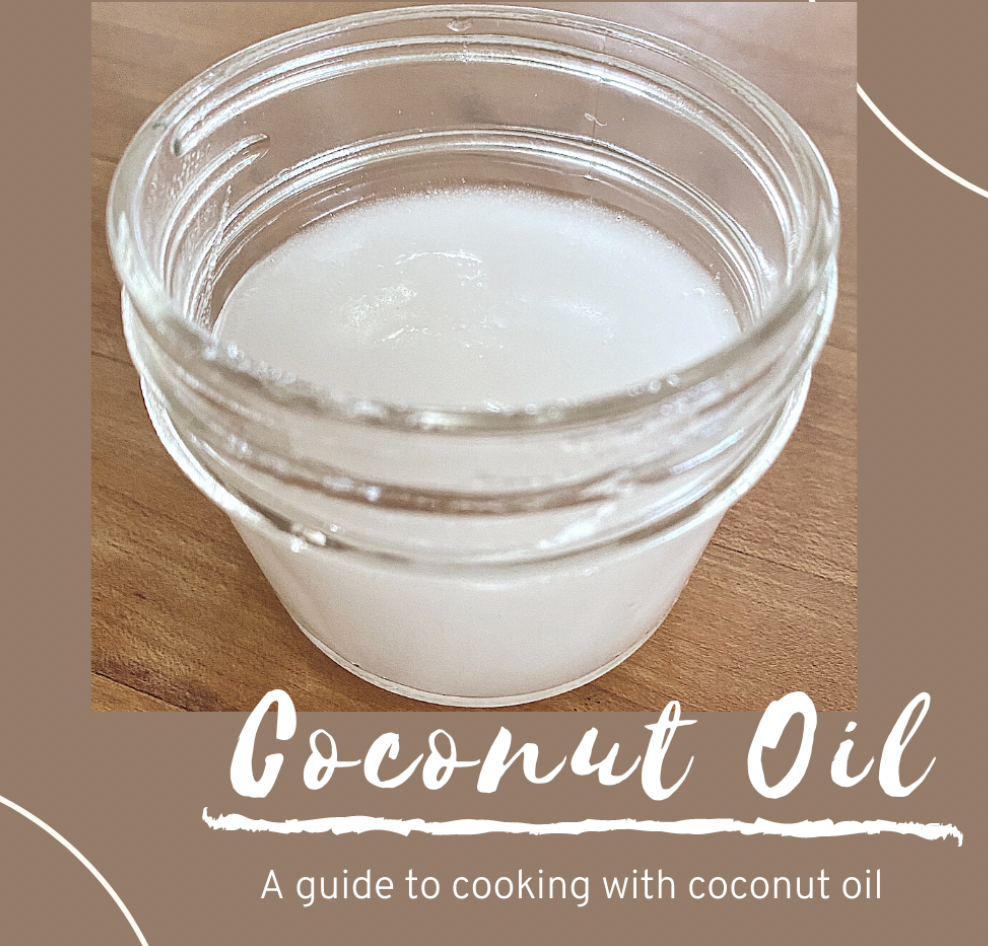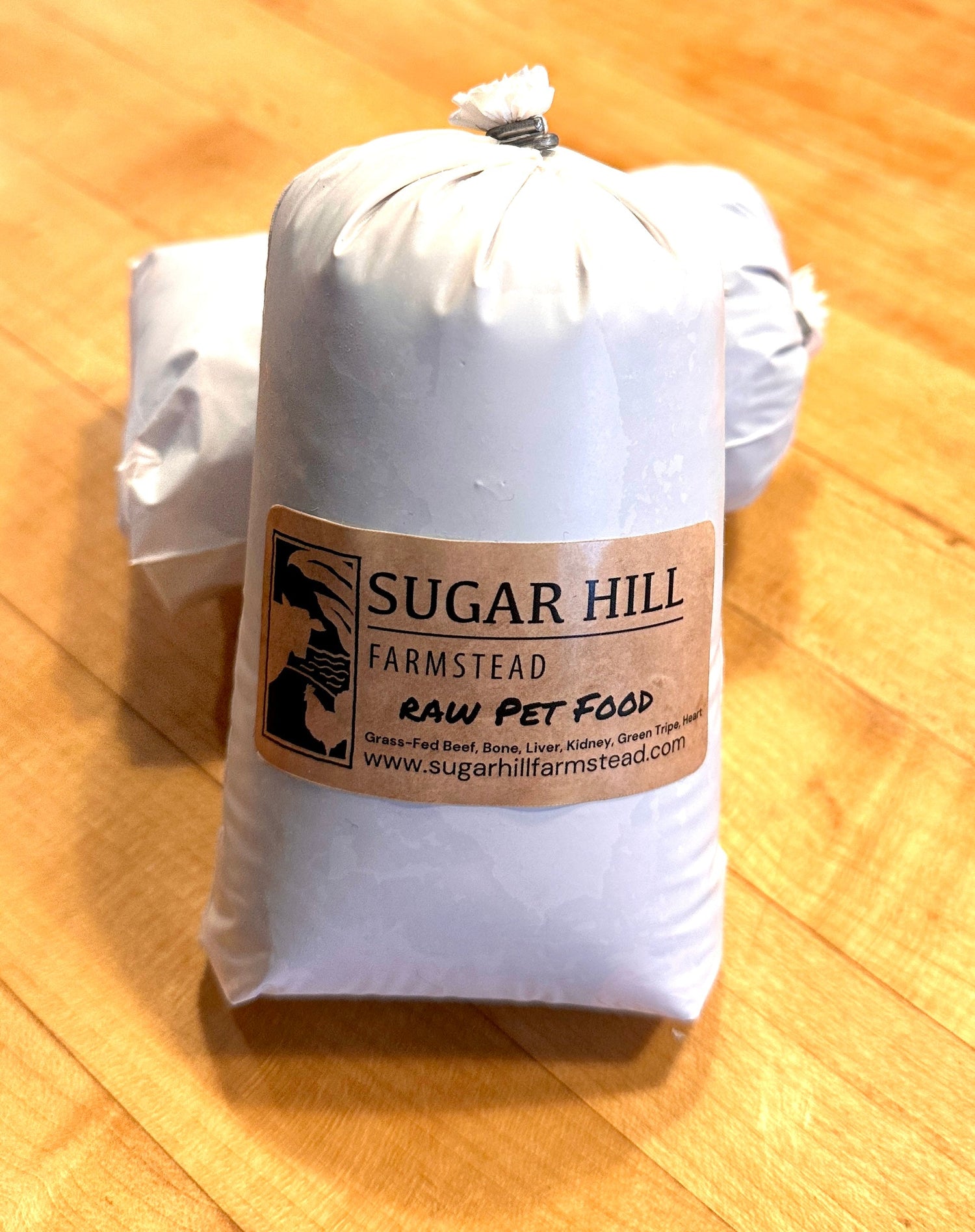
Guide to Cooking with Coconut Oil
Share
What Is Coconut Oil?
Coconut oil is the natural oil extracted from fresh or dried coconut meat. While many store-bought coconut oils undergo refining processes that may include additives, high-quality coconut oil is minimally processed, retaining its pure flavor and health benefits. At Sugar Hill Farmstead, we love using locally grown, organic coconuts to make coconut oil that is as delicious as it is versatile.
Why Choose Coconut Oil?
Coconut oil stands out for its mild sweetness, subtle nutty flavor, and wide range of uses in the kitchen and beyond. It’s a pantry staple in many tropical regions and is increasingly popular worldwide for its health benefits and culinary versatility.
Cooking with Coconut Oil
Coconut oil’s natural flavor adds a unique touch to sautéing, frying, and even baking.
Sautéing with Coconut Oil
Coconut oil is a staple in Southeast Asian cuisine, particularly in Thailand and Sri Lanka, where it’s often used to sauté vegetables.
Frying with Coconut Oil
With a smoke point of around 350°F, coconut oil is excellent for medium-heat frying.
Baking with Coconut Oil
In baked goods, coconut oil can replace butter or vegetable oil, adding richness and a slight coconut flavor. It works beautifully in recipes for muffins, cookies, and even quick breads.
Is Coconut Oil Healthy?
The debate about coconut oil’s health benefits centers around its unique fat composition.
Potential Benefits:
Considerations:
Some health organizations caution against excessive consumption due to the high levels of saturated fat. However, incorporating coconut oil in moderation can be part of a healthy, balanced diet.
Beyond the Kitchen: Coconut Oil for Skincare
Coconut oil isn’t just for cooking—it’s also a favorite in natural skincare routines.
How to Store Coconut Oil
Coconut oil is incredibly stable and resistant to oxidation, making it easy to store:
Elevate Your Cooking with Coconut Oil
Coconut oil made from local, organically grown coconuts is a healthy, delicious addition to any kitchen. Its mild, sweet flavor shines in stir-fries, roasted vegetables, and even baked goods. Whether you’re cooking up a savory dish or looking for a natural skincare solution, coconut oil is as versatile as it is beneficial.





